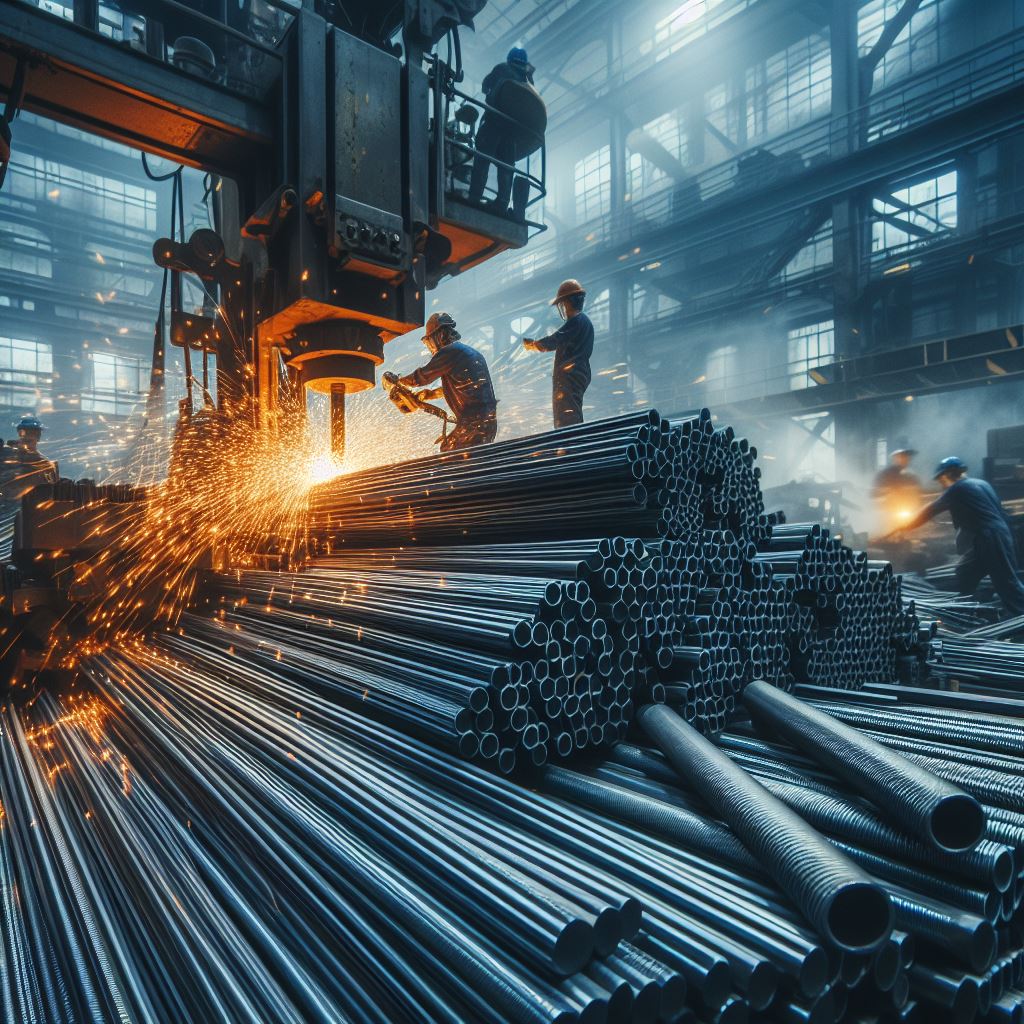
Choosing the Right Material for Springs
Share
When it comes to selecting the ideal materials for springs, it's essential to have a comprehensive understanding of the various options available. Overhead door springs, in particular, play a critical role in the smooth operation of your garage door. In this blog post, we'll delve into the differences between common metals used for springs to help you make an informed decision.
Carbon Steel - Grades Matter
Carbon steel is a popular choice for springs, and it comes in several grades, each with its unique characteristics. Let's take a closer look at some of these grades:
- ASTM 229 (Oil-Tempered Carbon Steel)
This grade represents the highest quality of carbon steel for garage door springs. It undergoes a process of cold drawing and heat treatment before fabrication. The result is a robust and reliable spring wire suitable for a wide range of applications. ASTM 229 is often the preferred choice when durability and performance are paramount.
2. ASTM 228 (Music Wire)
ASTM 228 refers to carbon steel that isn't oil-tempered, and it's commonly known as Music Wire. It's cold-drawn, offering high and uniform tensile strength. Music Wire is renowned for its toughness and finds extensive use in small springs. Among all spring materials, it boasts the highest tensile strength and can withstand repeated loading with ease. If you're looking for a material that can handle high stress levels, Music Wire is an excellent option.
3. ASTM 227 (Hard Drawn Carbon Steel)
On the lower end of the carbon steel spectrum, we have ASTM 227. It represents the lowest quality within this category. Like the others, it's cold-drawn, but it's best suited for average stress applications. If your project involves lower-cost springs and wire forms where life, accuracy, and deflection aren't critical factors, then Hard Drawn carbon steel might be a cost-effective choice.
Galvanized Steel - Combating Rust
Galvanized steel is another common material used for springs. It's prized for its anti-rust properties, making it an excellent choice for applications where rust is a potential concern. However, it's essential to note that galvanized steel has some limitations.
One of the drawbacks of galvanized steel is its minimal flexibility. This limited flexibility can adversely affect the lifespan of a spring. Since this type of metal doesn't stretch much, it may not be the best material option for garage door springs that require elasticity and durability.
In conclusion, when selecting the right material for your springs, consider factors such as the specific application, desired durability, and budget constraints. Each type of metal has its strengths and weaknesses, so making an informed choice is crucial to ensure your garage door functions optimally for years to come.
At SGD Springs, we prioritize quality and reliability. We exclusively use ASTM 229- oil Temper grade springs, tested for the highest quality standards. When you choose SGD Springs, you're investing in the utmost durability and performance, ensuring that your garage door springs won't compromise on anything less than excellence.
